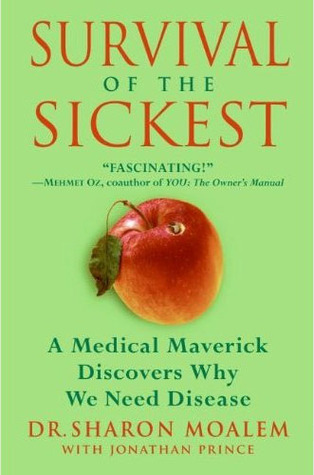Essentially, animals with a greater risk of being eaten evolve to live shorter lives—even if they aren’t eaten. Here’s how—if a species faces significant environmental threats and predators, it’s under greater evolutionary pressure to reproduce at an early age, so it evolves to reach adulthood faster. (A shorter life span also means a shorter length of time between generations, which allows a species to evolve faster—which is important for species that face a lot of environmental threats; that’s one of the things that helps rodents develop resistance to poisons relatively quickly.)
Welcome back. Just a moment while we sign you in to your Goodreads account.


